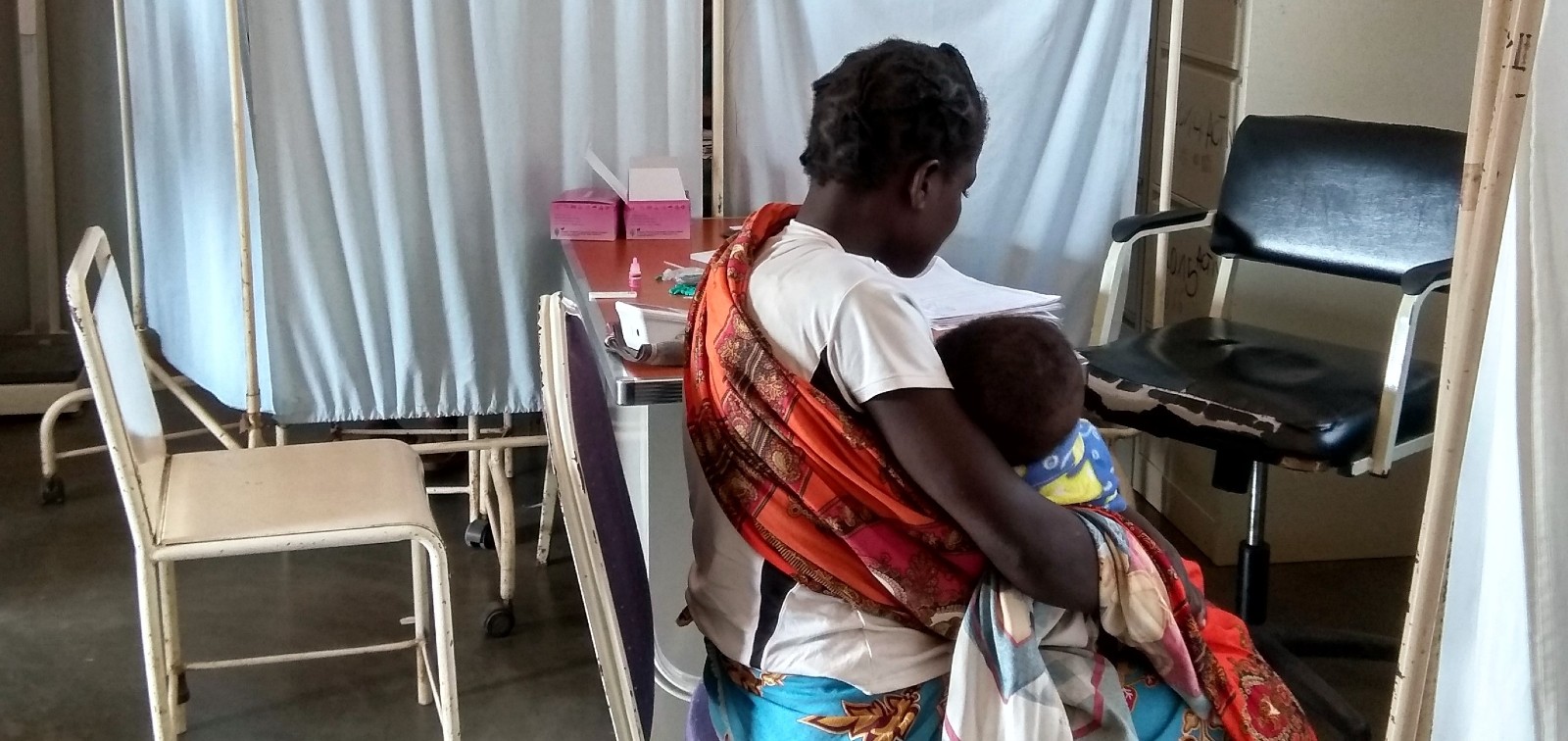ICARIA will Develop an Innovative Strategy to Reduce Child Mortality through the Expanded Program on Immunisation
The BMGF and "la Caixa" Foundation have awarded a US $ 12 million grant to ISGlobal for a project that seeks to reduce child mortality in the poorest countries of the world
20.11.2020
Most of the estimated 2.5 million deaths each year of children under 5 in sub-Saharan Africa are attributable to infectious diseases. New approaches to treatment and prevention of these diseases are needed to increase child survival. Global efforts to fight malaria have hit a plateau and new tools that complement those currently in use are needed to achieve global malaria and child health goals.
In this context, the Barcelona Institute for Global Health, ISGlobal, has been awarded a US$ 12.2 million grant from the Bill & Melinda Gates Foundation and “la Caixa” Foundation to evaluate the administration of azithromycin (an antibiotic) alongside sulphadoxine-pyrimethamine (an antimalarial) to infants during routine vaccination visits in Sierra Leone, a country with one of the highest rates of under 5 child mortality in the world.
ICARIA (Improving Care through Azithromycin Research for Infants in Africa) is a five-year project that will conduct a large-scale clinical trial (20,560 participants) in different districts in Sierra Leone . ISGlobal leads a consortium that includes the College of Medicine and Allied Health Sciences (COMAHS)/ Ministry of Health and Sanitation Sierra Leone (MoHS), the Hospital Clínic Barcelona —that will lead the evaluation of resistance to macrolides— and the Hospital Sant Joan de Déu (HSJD), that will coordinate the Safety Monitoring component.
“We will carry out a trial toassess the impact of azithromycin administered alongside Intermittent Preventive Treatment (IPTi-SP) in infants through the Expanded Program on Immunisation scheme on overall mortality up to the age of 18 months of age,” says Clara Menéndez principal investigator of ICARIA and director of the Maternal , Child and Reproductive Health Initiative at ISGlobal. “Monitoring the safety of the intervention is key to ensure trial participants’ protection and welfare and also for informing policy in the future,” adds Victoria Fumadó, Coordinator of the Infectious and Imported Diseases Paediatric Unit at the Hospital Universitari Sant Joan de Déu.
Recent studies have shown that azithromycin is associated with significant reduction in childhood mortality when used in mass drug administration for trachoma elimination in some sub-Saharan countries.
Intermittent Preventive Treatment of malaria in infants (IPTi) is administered through the Expanded Program on Immunization (EPI), and it is based on sulphadoxine-pyrimethamine (SP), an inexpensive antimalarial drug. In 2010 the WHO recommended IPTi for malarial control in children living in areas with moderate- to- high transmission and being co-administered with DTP2, DTP3 and measles immunization.
“To date, IPTi is implemented only in Sierra Leone. It is likely that expansion of malaria protection into the second year of life through IPTi is beneficial, but this has not been shown yet. Taking the advantage of the inclusion of a booster dose of measles vaccine at 15 months of age in the EPI program, the ICARIA trial will also assess the effectiveness of adding a dose of IPTi-SP at this age,” says Sam Smith local co-principal investigator of ICARIA and director of the National Malaria Control Program at the Ministry of Health and Sanitation (MoHS) of Sierra Leone.
The project will generate evidence on different aspects—efficacy, safety, macrolide/SP resistance, and feasibility and acceptability by health providers and participants—to support regulatory guidance, global and national policy change. Should evidence be supportive, engagement with WHO and other key stakeholders will support policy and implementation of AZi administration and review the current IPTi strategy for malaria control .
“Hospital Clínic is committed to the improvement of the health of the most vulnerable populations in the poorest countries of the world. We need innovative thinking on how to improve children survival by maximizing the existing resources if we want to make progress towards the improvement of child health threatened by the Covid-19 pandemic,” states Josep Maria Campistol, General Director at the Hospital Clínic Barcelona.
ICARIA’s innovative one-stop-shop approach also offers an opportunity for boosting childcare. “Delivery through the EPI will have a positive impact in terms of child survival not only through the addition of new cost-effective strategies, but also through strengthening the immunisation platform” adds Mohammed Samai, local principal investigator of ICARIA and Deputy Chief Medical Officer at the Ministry of Health and Sanitation of Sierra Leone and professor at the University of Sierra Leone. “Indeed, these additional benefits would represent a step towards achieving the Sustainable Development Goals in Sierra Leone and beyond.”



